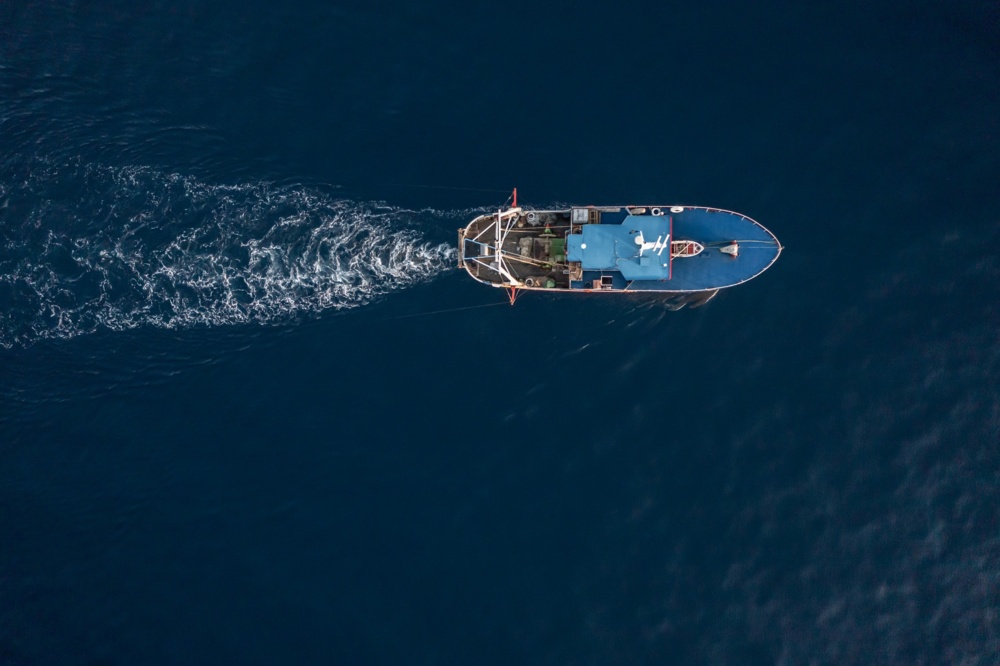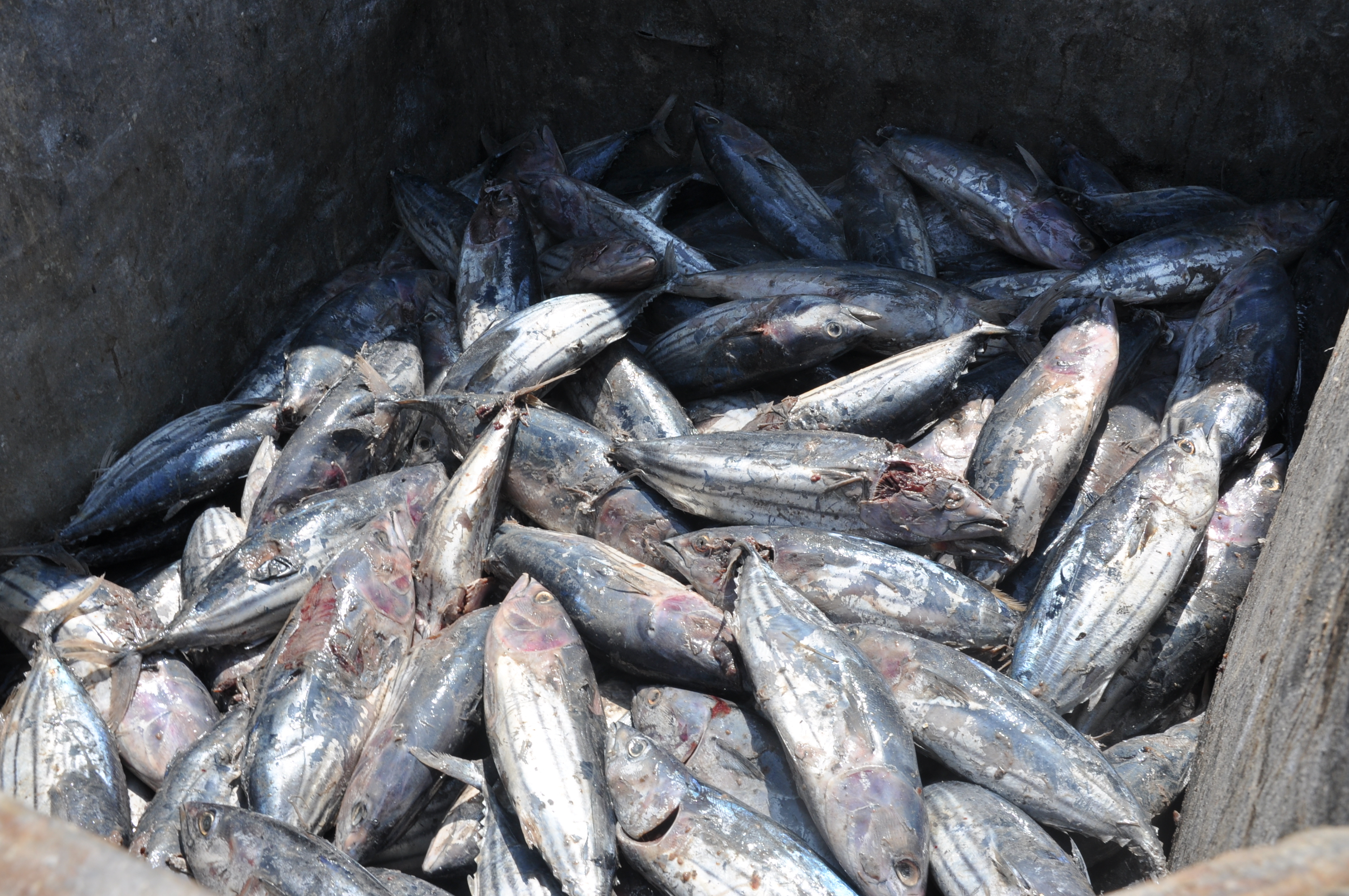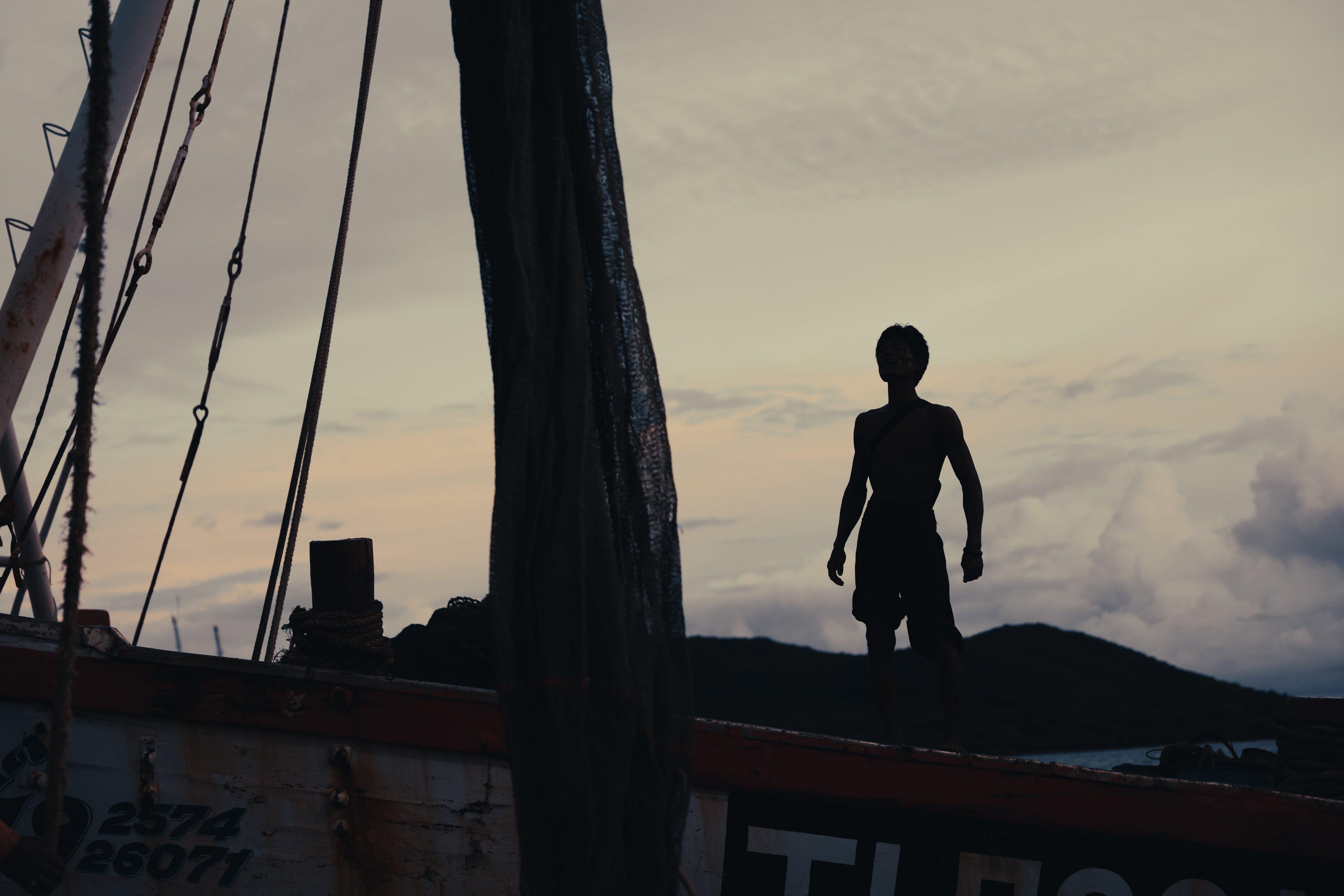
Dropped illegal fish dumping cases risk undermining the EU’s commitment to the ocean, say Environmental Justice Foundation and ClientEarth
Yesterday, the EU decided to close cases against five Member States - Spain, France, the Netherlands, Belgium and Ireland - for failing to enforce the EU’s ban on illegally dumping fish overboard (the so-called landing obligation). This risks undermining the EU’s important, zero-tolerance approach to illegal, unreported and unregulated fishing, say the Environmental Justice Foundation (EJF) and ClientEarth.
Steve Trent, EJF CEO and Founder, said: “Last week, European Commission President von der Leyen announced a commendable European Oceans Pact intended to ensure comprehensive ocean sustainability. It builds on the EU’s strong global record combating illegal fishing. To ensure this commitment to the ocean is not undermined, it is vital that Member States are held accountable and fully implement their obligations to control their fleets.”
In 2009, it was estimated that 1.7 million tonnes of fish were dumped back into the ocean every year by EU vessels. The landing obligation was introduced in 2015 to address this, but EU auditors have said that partly because of failures to report unwanted catches, misreporting “remains a major issue in EU fisheries”, and discard rates have reportedly not changed since then.
Arthur Meeus, ClientEarth fisheries lawyer, said: "The Commission is aware of how important the Landing Obligation is, and the ramifications of its violation: laws to combat overfishing only work if we know how much fish is being caught. Dropping these cases is part of a very public trend of the EU falling short on ocean protection - every year catch limits are set too high, and huge numbers of fish, seabirds, dolphins and other protected species are unlawfully caught in fishing nets as bycatch. Without convincing evidence to the contrary, it feels worryingly like the EU is abandoning its commitment to end overfishing and protect marine ecosystems."
Discards are also linked to highly destructive forms of fishing - 92% of unwanted catch dumps are reportedly linked to bottom trawling, a notoriously problematic practice that decimates seabed ecosystems.
EJF’s Steve Trent added: “We must not let Member States throw the landing obligation over the side. Fisheries around the world have benefited from EU action to make them more sustainable. For this to continue, EU law must be as strong in reality as it is on paper.”
Encouraging Member States to do more, and ensuring that discard-prone vessels like bottom trawlers are effectively controlled, is key to ensure the sustainability and profitability of EU fisheries. The EU and Member States must take decisive action to ensure they roll out and implement mandatory use of remote electronic monitoring (REM), including CCTV, on board EU vessels. This is key to ensure the requirement of the Common Fisheries Policy for “detailed and accurate documentation of all fishing trips and adequate capacity and means” to enforce the landing obligation is upheld, say the NGOs.
ENDS
Notes for editors:
Misreporting “remains a major issue in EU fisheries”, as also recognised by the European Court of Auditors, the chief EU external auditor. At sea, EU vessels are known to throw back large amounts of unwanted fish. Making room for more valuable catch is a “prolific” practice in EU fisheries, with discard rates remaining unchanged since the EU’s Common Fisheries Policy entered into force in 2015. Annual discards have been estimated at 1.7 million tonnes - 23% total catches (in 2009). Certain vessels, notably those targeting demersal catch, “are configured to discard 100% of catch by default”. Bottom trawlers, in particular, are at high risk of breaking landing obligation: 92% of all recorded discards in the EU are linked to bottom trawling.
The European Commission launched infringement proceedings against EU Member States for failure to control and enforce the landing obligation - notably against France, Spain (INF_21_4681), the Netherlands, Belgium and Ireland (INF_21_5342). It has also noted that there is a need to help ensure the “extensive, illegal and undocumented discarding of catches in several sea basins” ends.
In June NGOs, including EJF and ClientEarth, called on the European Commission to share an update on these cases, and asked what steps the Commission will take to help put an end to the “extensive, illegal and undocumented discarding of catches”.
EU Member States are obliged to ensure the effective control, inspection and enforcement of all fishing activities carried out under the CFP - including the landing obligation - and must ensure detailed and accurate documentation of all fishing trips and adequate capacity and means, such as CCTV.
NGOs and other stakeholders like retailers have argued that REM technology is key to enforce rules like the landing obligation, and to promote compliance with other rules of the Common Fisheries Policy. In January 2024, the EU adopted new rules requiring REM for certain vessels of 18 metres and above. Currently, only 6.7% of the EU fleet is 18 metres and above. Of those, only vessels at high risk of illegally discarding fish must install CCTV on board from January 2028. Member States will be allowed to mandate REM systems, including CCTV, to ensure compliance with the Common Fisheries Policy rules other than the landing obligation, but the FCR does not require or set a fixed deadline for this.
EJF works internationally to inform policy and drive systemic, durable reforms to protect our environment and defend human rights. We investigate and expose abuses and support environmental defenders, Indigenous peoples, communities, and independent journalists on the frontlines of environmental injustice. Our campaigns aim to secure peaceful, equitable, and sustainable futures. Our investigators, researchers, filmmakers, and campaigners work with grassroots partners and environmental defenders across the globe. Our work to secure environmental justice aims to protect our global climate, ocean, forests, and wildlife and defend basic human rights.
ClientEarth is a non-profit organisation that uses the law to create systemic change that protects the Earth for – and with – its inhabitants. We are tackling climate change, protecting nature and stopping pollution, with partners and citizens around the globe. We hold industry and governments to account, and defend everyone’s right to a healthy world. From our offices in Europe, Asia and the USA we shape, implement and enforce the law, to build a future for our planet in which people and nature can thrive together.
SIGN UP FOR OUR EMAILS AND STAY UP TO DATE WITH EJF

